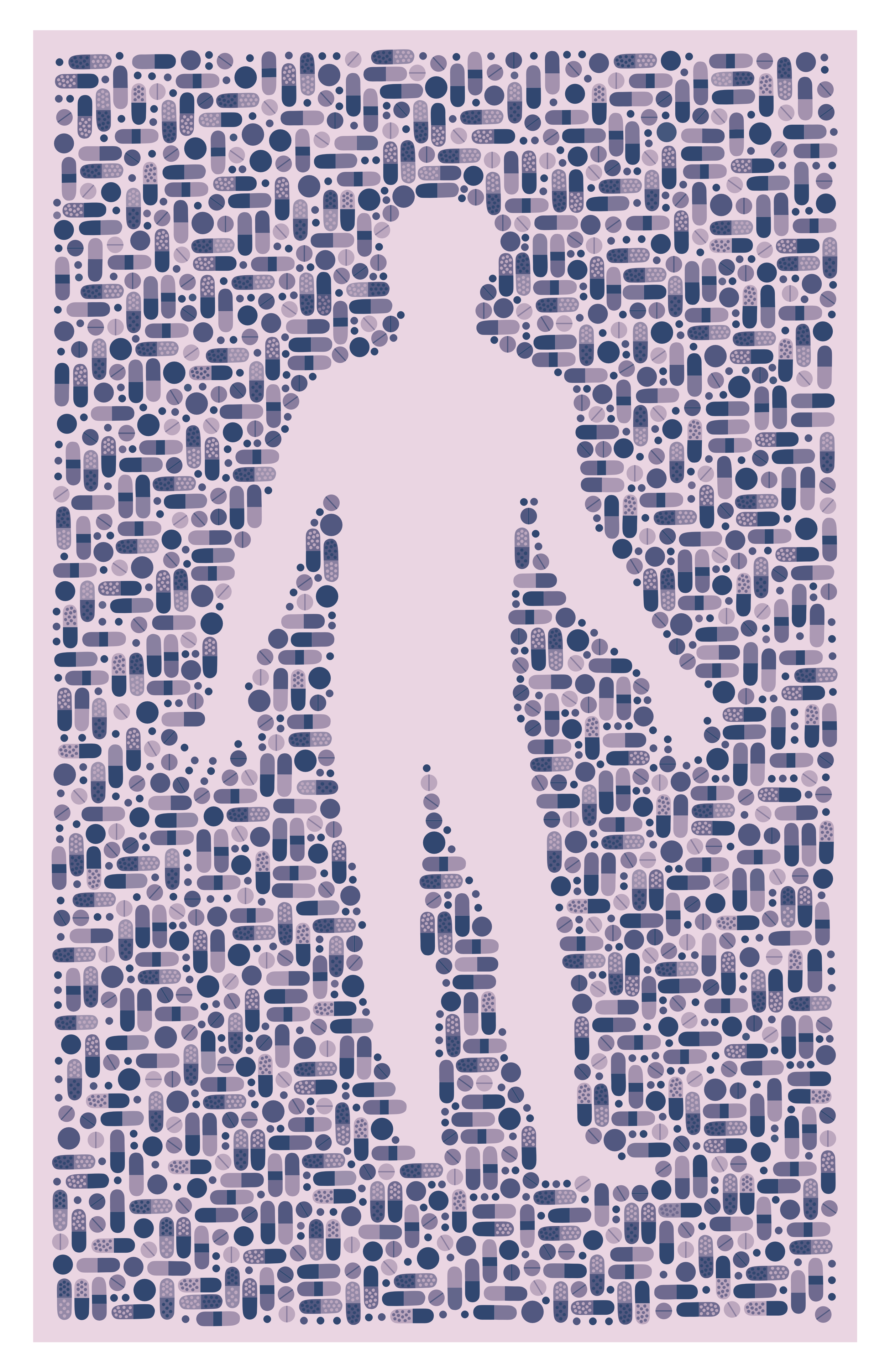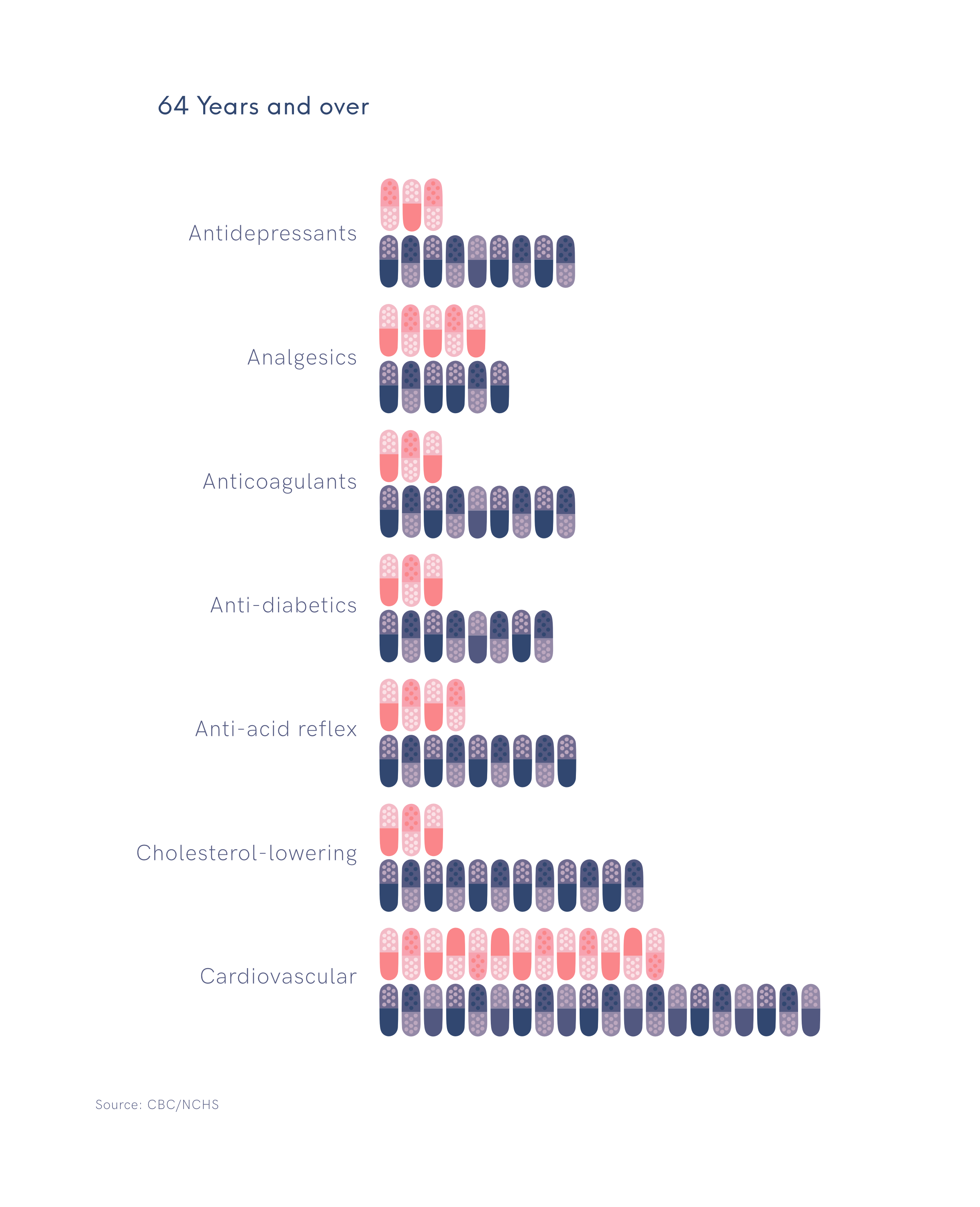Risk and power.
To quantify risk, we shift from person to problem and there is evidence that this managerial-ism can constrain empowering practice. However, humans are much more complex than systems of risk measurement often allow, not ‘perfect technical instruments’ (Parton, 2006).
While systems of risk management have a role in providing consistency, they rely on the assumption that professionals can be ‘objective’ about risk management. However, in a social services landscape focused on the individual, should consistency be a priority?
Professionals who work at all levels of social care have legal duties and responsibilities towards the people they work with. These duties and responsibilities are supported and regulated in Scotland through the Scottish Social Services Council and the Care Inspectorate. Evidence suggests that this fear of legal action and misunderstanding of litigation leads to risk-averse behavior.
The London Sausage Company. Discover flavour.
Made with prime British pork from pigs born outdoors and reared in airy, straw-bedded barns. Our pigs are reared to produce high quality, succulent pork that is tender and full of flavor, exclusively for the London Sausage Company. We work with a long-established group of dedicated farms; selecting them for their high standards of animal welfare and a commitment to sustainable farming.
Everyday drugs: Are we taking too many preventive pills?
For generations of physicians, the prevailing teaching was not to prescribe too many drugs in order to avoid unwanted side effects. No longer.
“What we’ve seen is a massive rise in reliance on medicines as a panacea for all our woes,” says Clare Gerada, former chair of the UK’s Royal College of General Practitioners. “There’s been a big rise in screening to look for diseases before they happen, and we have begun treating people ‘just in case’.”
As lifespans stretch, many of us are popping at least one pill a day. But all this medicine could be harming rather than helping your health.
When did you last pop a pill? The chances are it was recently, no matter how healthy you are. A growing number of us are taking medicines as part of our daily routine, not because of illness, but to prevent it. A recent survey found that 43 per cent of men in England and 50 per cent of women had taken a prescribed drug within the past week, and half of those had taken three.
Just how much of what the NHS offers to patients is unnecessary was dramatically addressed 38 years ago in a seminal 1974 paper in The Lancet. In Medical nemesis, Ivan Illich coined the phrase "medicalisation of health", postulating that, as well as doing good, medicines can cause clinical and societal harm. Since then, prescribing has become the dominant medical intervention in primary care, and its benefits and risks are increasing in the balance.
A bottle in the cosmic ocean.
Our sense of awe about the stars is ancient and the idea of sending out a message into the blackness of space continues to fascinate us today. We've tried many different ways of sending these messages, but we've yet to decide on the best format.
Part of the problem with an object designed for making contact with something so absolutely alien is that we have to think very carefully about how to construct such a message. We can’t assume that another species, having evolved on a distant planet, would be in any way similar to humans in terms of biology. As for cultural or societal parity? No chance. Basic mimetic cues attaching meaning to symbols and objects (physical or otherwise) passed down over time through culture would mean nothing to an extraterrestrial race.
The Voyager Golden Records weren't our first attempt at putting together such an interstellar message, but they are perhaps the most interesting. The message took the form of a phonograph disc (identical in design to a vinyl record) and two copies of it were created. Between the label and the grooves containing the information it carried, was inscribed in hand-etched letters “To the makers of music-all worlds, at all times.” The discs were made of gold-plated copper and one was attached to both of the Voyager spacecraft, sent out into space in August 1977.





